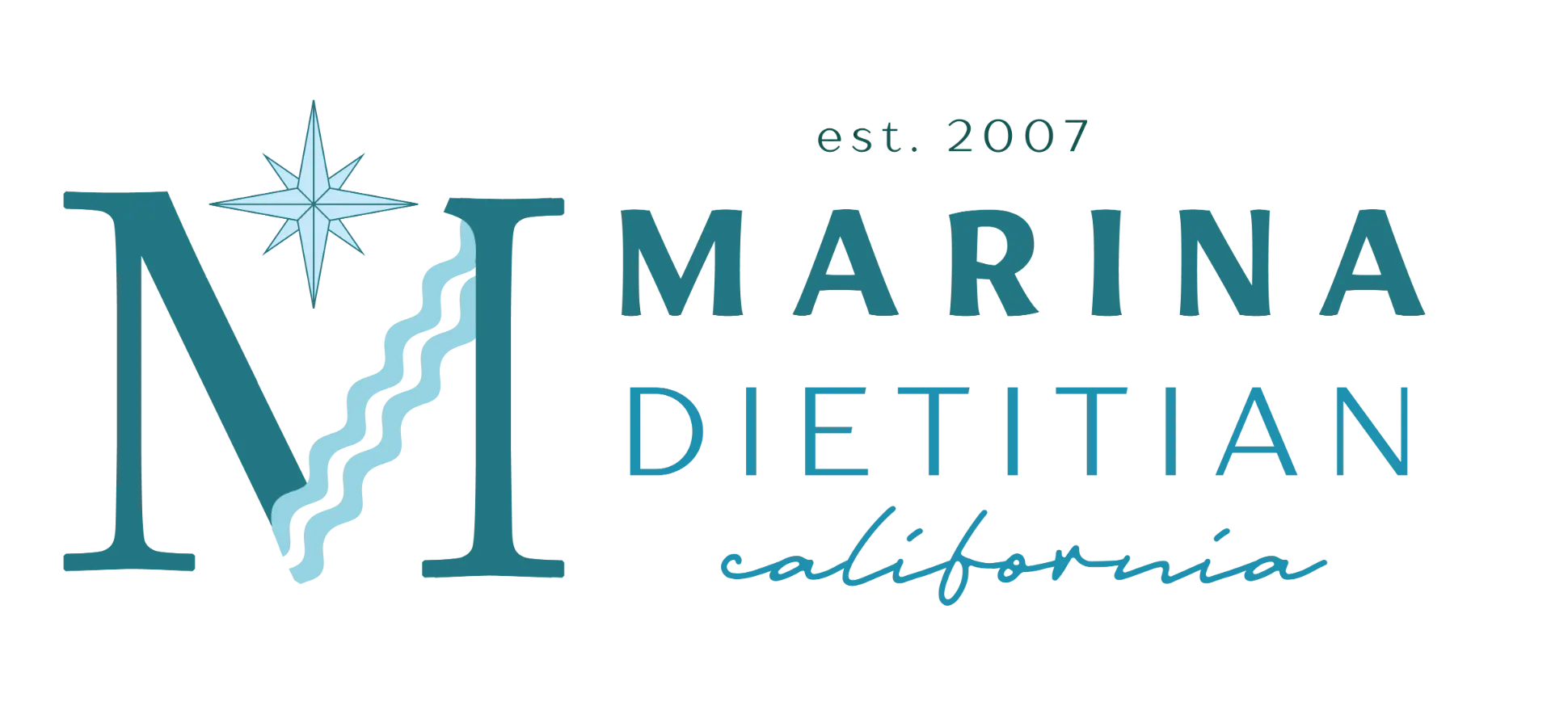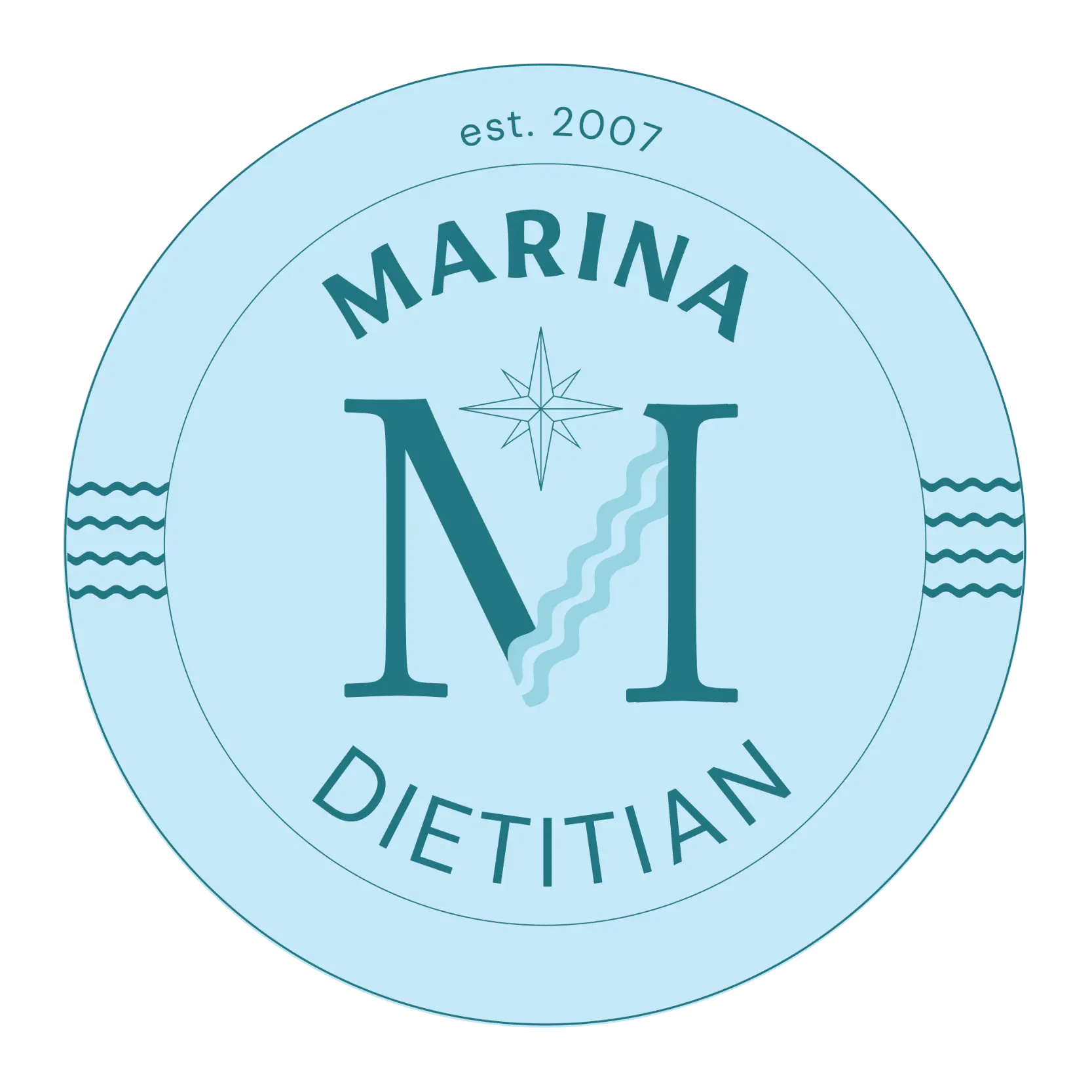A Registered Dietitian is considered the only nutrition expert among all healthcare workers, including physicians, nurses, and other interdisciplinary healthcare team members. A nurse only takes basic food and nutrition courses as a minimum requirement for their nursing program. On the other hand, a doctor obtains at most 24 hours of nutrition instructions during medical school. Specific Medical programs required minimal knowledge of Nutrition and medication interactions, the National Academy of Sciences. Most instructors (88%) expressed the need for additional nutrition instruction at their institutions.
A Registered Dietitian (RD) is a food and nutrition expert. They can also be referred to as Registered Dietitian nutritionists (RDN). A Registered Dietitian provides evidence-based medical nutrition therapy and nutritional counseling. An RD can help treat illnesses with medical nutrition therapy. Furthermore, RD can guide a lifestyle to prevent chronic diseases, such as diabetes, heart disease, and hypertension, by providing medical nutrition therapy.
“There are many areas where a Registered Dietitian plays an incredibly important role…”
~ Marina Savelyeva, RD
A renal dietitian specializes in providing nutrition guidance to individuals with kidney disease or end-stage kidney disease on dialysis. Someone can be trained as a pediatric dietitian, working strictly with children. Geriatric nutrition is another area of practice where you focus on older adults and understand how to customize a more long-term nutritional treatment that specializes in proper interventions such as feeding via tube and dealing with more swallowing and chewing issues and complications such as malnutrition.
Oncology nutrition is another great area where a Registered Dietitian’s role is crucial, as they ensure patients with cancer following a therapeutic diet, with proper follow-up and education on nutrition to patients and family. Sports dietetics is one of the most popular areas in the field as it involves more than just hands-on. A sports dietitian usually is associated with a professional team to ensure athletes have a significant nutrition intake, adequate intake of vitamins and minerals, and help athletes meet their fitness goals, as nutrition plays a huge key component to these goals both pre and post-season.
On the contrary, a Nutritionist does not hold any registration or certification in nutrition. Anyone with a passion for food can refer to themselves as a nutritionist. However, it’s essential to distinguish between different titles related to nutrition. The term “nutritionist” is not regulated, meaning anyone can call themselves a nutritionist without specific qualifications. The qualifications and requirements for a nutritionist can vary in other regions, and states require capabilities and specialized training programs that online nutritionists need to complete. These can provide low credibility as the programs must look into evidence-based recommendations and scientific references with no regulations.
Registered Dietitians (RDs) or Registered Dietitian Nutritionists (RDNs) obtained the highest level of expertise in nutrition, allowing them to be competent in many areas. An RD will undergo a master’s education, training, and credentialing process to provide evidence-based support, even when successfully passing the RD exam. Some areas of expertise of a Registered Dietitian are having knowledge and experience in medical nutrition therapy, which includes assessing and managing nutrition-related health conditions from diabetes, heart disease, gastrointestinal disorders, food allergies, and much more. Registered Dietitians are highly trained professionals who can provide comprehensive, individualized nutrition care and are qualified to address various nutrition-related concerns and goals.
A Nutritionist can help you make a smoothie or meal plan. Nutritionists can’t work in hospitals or provide complex medical nutrition therapy and evidence-based nutrition care. An RD can only give medical nutrition therapy and help you understand how certain medical conditions coexist with food—and treat specific medical conditions. Medical nutrition therapy often requires a thorough understanding of a person’s medical history, blood work, and overall health status, which play a considerable role in critical thinking and recommendations.
To become an RD, you must obtain a bachelor’s degree or equivalent credits through an Accreditation Council for Education in Nutrition and Dietetics (ACEND) accredited Didactic Program in Dietetics (DPD) or Coordinated Program (CP) with a focus on dietetics at a university or college. Following this, they must complete 1200 hours of supervised practice. Once complete, they can sit for their board and take an exam administered by the Commission on Dietetic Registration (CDR). If passed, you become a registered dietitian certified through the Academy of Nutrition and Dietetics. A new regulation that became effective on Jan 1, 2024, is that individuals must have a Master’s degree to take the state exam.
As stated before, nutritionists do not have a degree in nutrition or hold a certification backed up by the Accreditation Council for Education in Nutrition and Dietetics to refer to themselves as nutritionists. No state offers an accredited Nutritionist certification.
Registered Dietitians are qualified to work in hospitals, outpatient facilities, research institutions, food service facilities, local community organizations, sports nutrition, corporate wellness programs, universities and medical centers, research areas, and private practice. Certain states in the US require that RD’s obtain a license in their state.
However, dietitians are certified but not registered in California and a few other states.
Nutritionists usually work in non-clinical settings. Jobs can include providing advice and counseling to clients on nutritional and dietary matters, working via a social media page, in holistic or alternative medicine clinics and centers, fitness and beauty centers, private practice, and community centers, and from the comfort of home.
In summary, when seeking help regarding nutrition advice, contact a Registered Dietitian/Nutritionist for evidence-based information.
References
1. Bruer RA, Schmidt RE, Chapel T. Nutrition education for physicians: alternative federal roles for creating an improved system. Macro International, Inc; Washington, DC: 1993. PB93-189074.
2. How to become a Registered Dietitian. ACEND. Accessed June 2, 2023. https://www.eatrightpro.org/acend.





